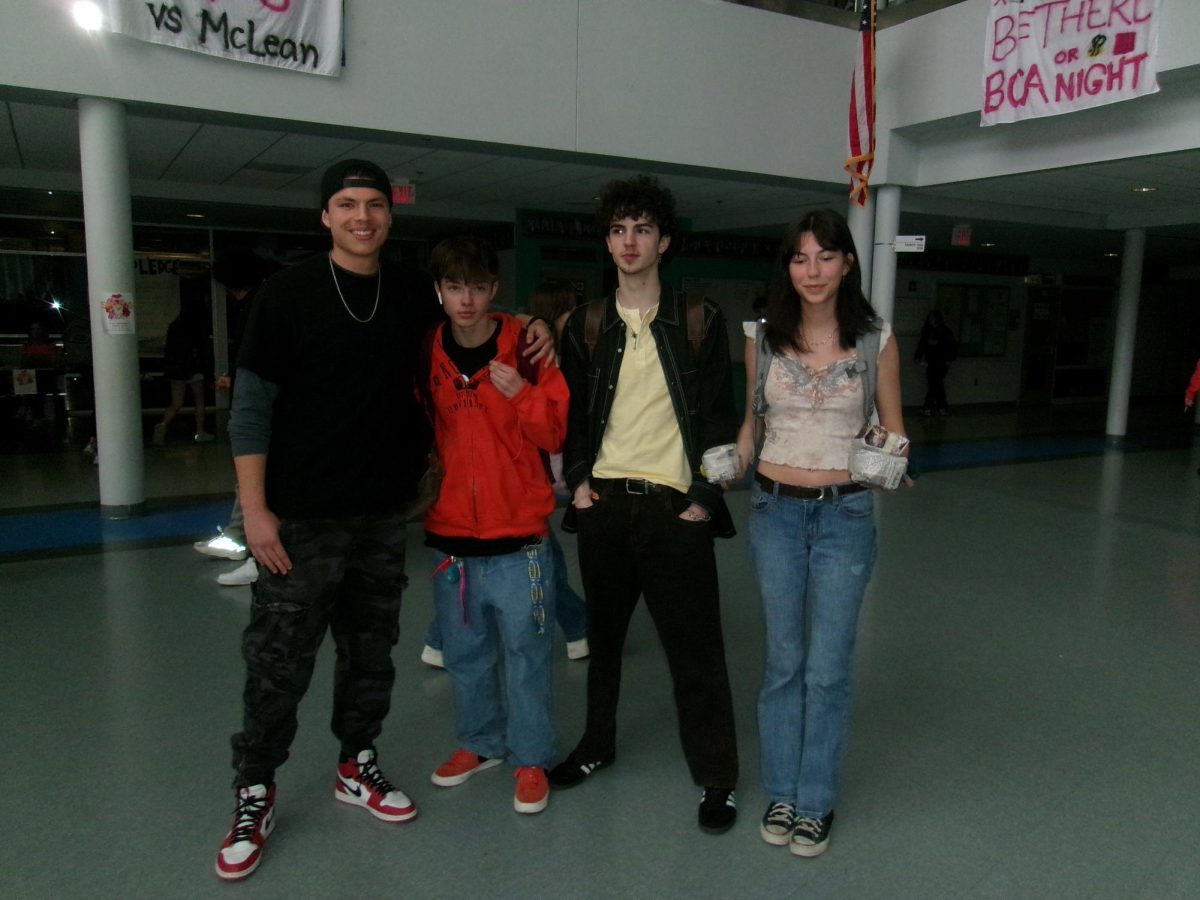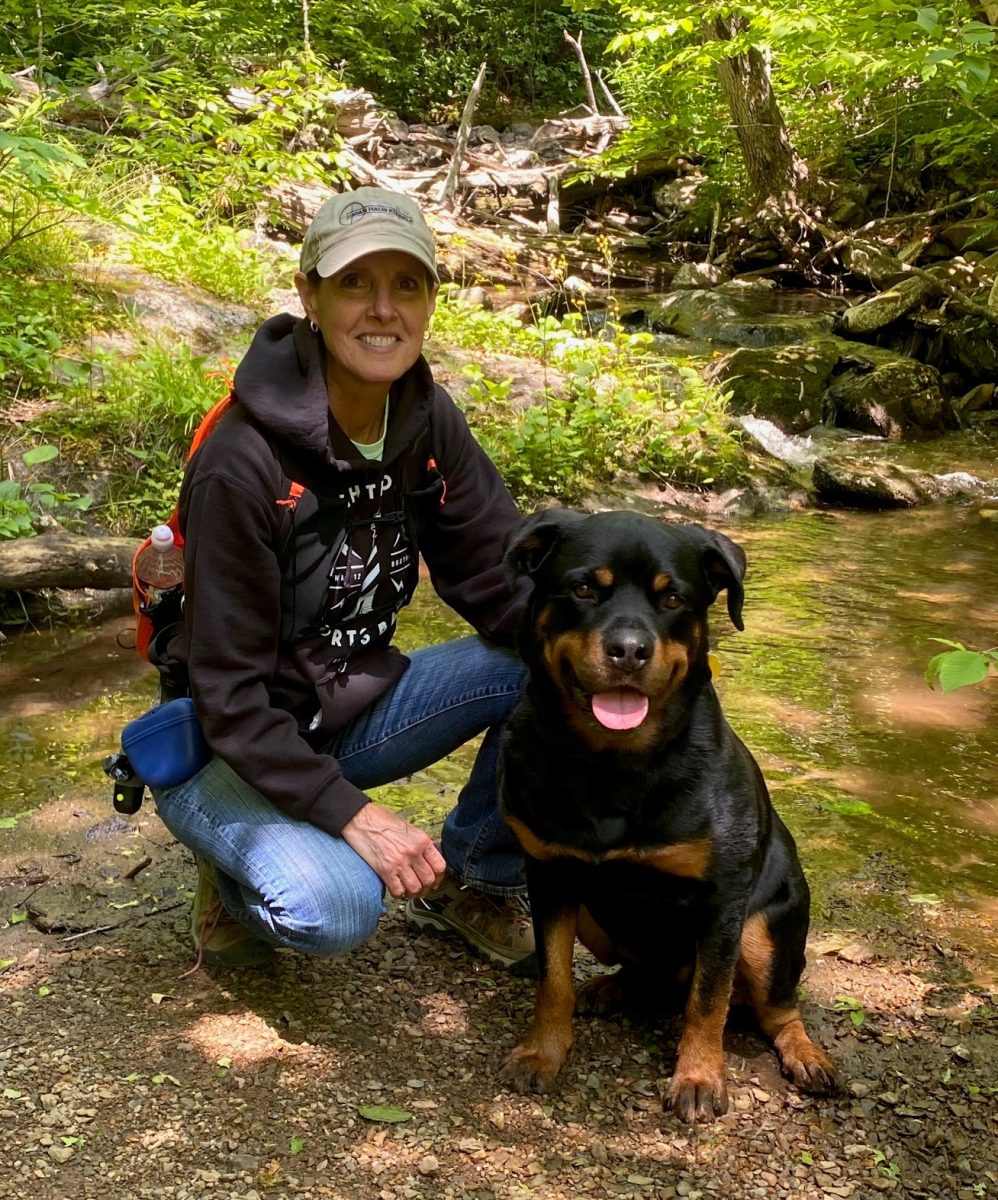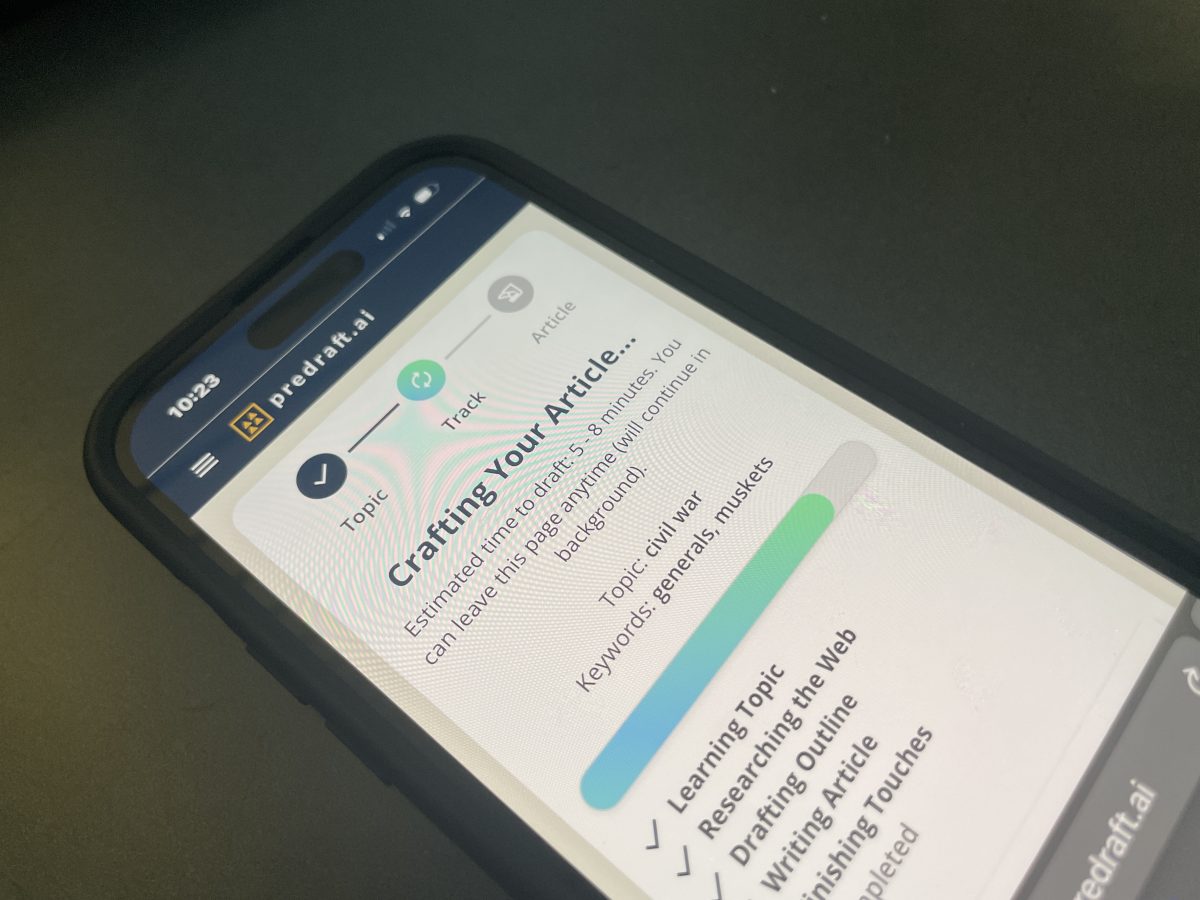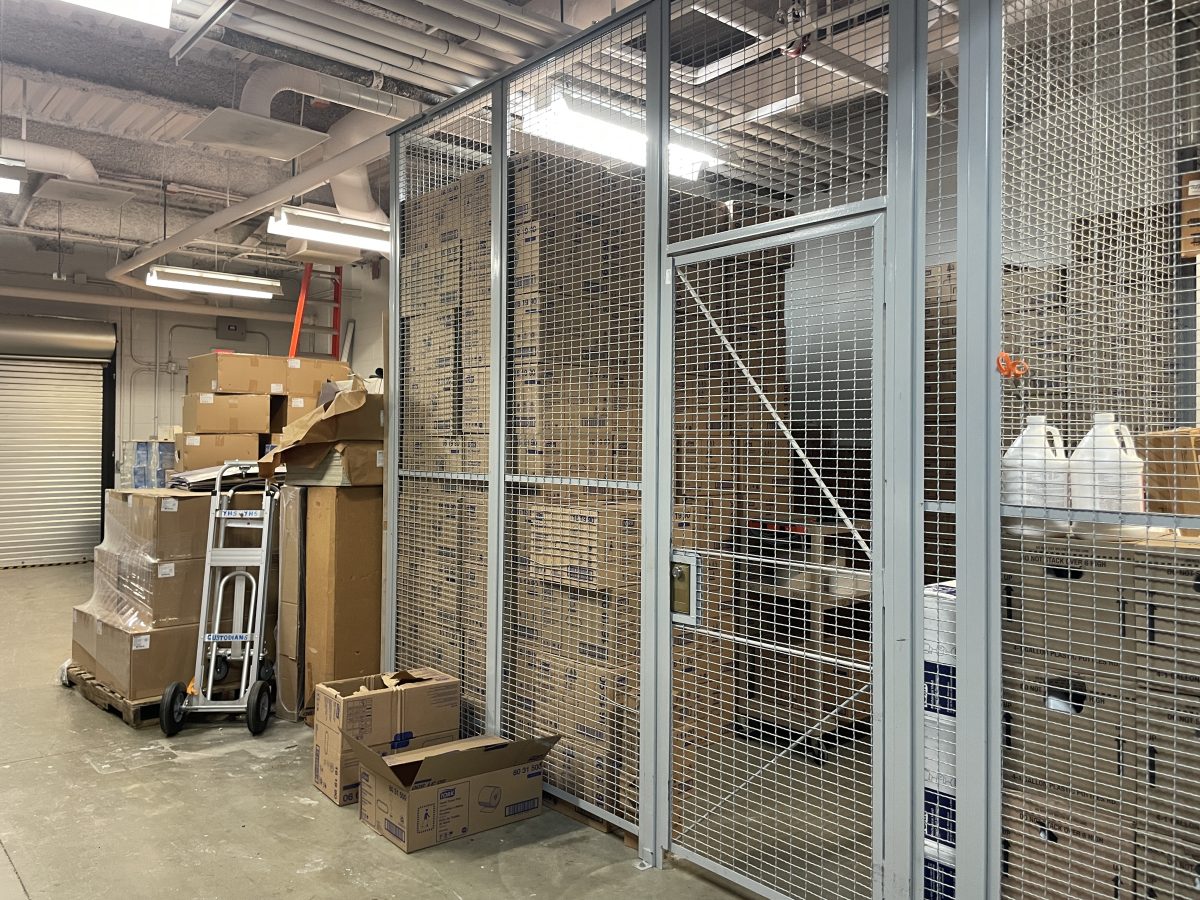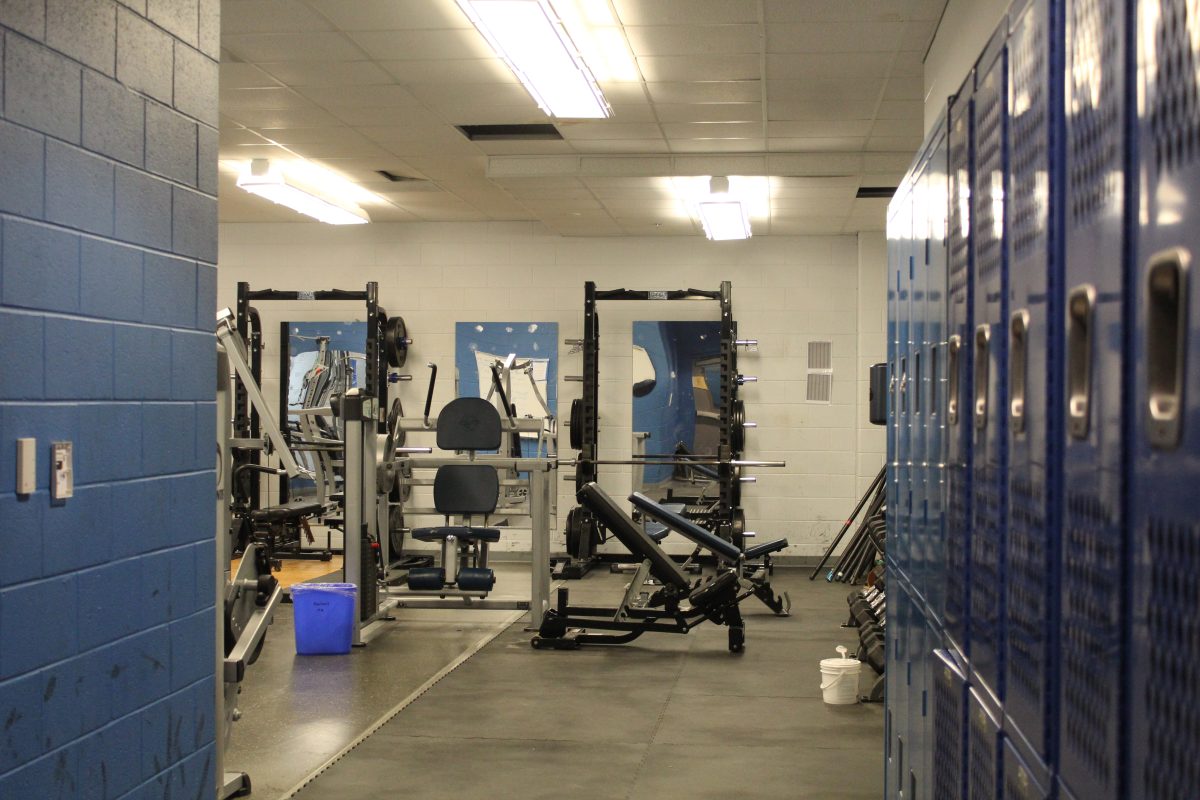For centuries Americans have looked to the frontier in search of adventure, knowledge and excitement. In the 1960s, America got its first taste of the exploration into the final frontier, space, culminating with the National Aeronautics and Space Administration’s (NASA) Apollo 13 mission which saw the first humans land on the moon. In the following decades, American children looked into the night sky in awe, dreaming that they might one day grow up to be like Neil Armstrong and explore the depths of space. Despite this, NASA has been receiving less and less government funding in recent years. This has, however, paved the way for private companies such as Elon Musk’s SpaceX program to dive into the space industry. The most recent chapter of America’s space odyssey came on Feb 6, 2018, when SpaceX launched their Falcon Heavy rocket into orbit at the Kennedy Space Center in Cape Canaveral, Florida.
The concept of the Falcon Heavy Rocket was announced in April 2011 and was originally scheduled for a 2013 test flight. However, several design anomalies required all of SpaceX’s engineers to be dedicated to failure analysis. Despite the setbacks, at 3:45 ET on Feb 6, 2018, the Falcon Heavy was cleared for launch. Musk was prepared for any outcome prior to the launch of the rocket, admitting that it would “either be a great rocket launch or the best fireworks display they’ve ever seen.”
SpaceX engineers designed Falcon Heavy, which is composed of three Falcon 9 rockets with the centerpiece, a structurally strengthened model, serving as the core. After the rockets entered Earth’s orbit, the two side boosters seperated and began their descent. In an inspiring spectacle, they ignited their Merlin engines upon reentry and simultaneously touched down at landing zones one and two at Cape Canaveral Air Force Station.
Meanwhile, the centerpiece, continuing its rapid ascension into space, released its test payload: Musk’s personal red Tesla Roadster. This makes for an epic scene, as the dummy driver kicks back, and drives nonchalantly with one hand on the top of the wheel while blasting David Bowie’s “Space Oddity.” To make things even more amusing, Musk’s team added small details, like the quote “Made on Earth by Humans” on the circuit board, and the message “Don’t Panic” on the dashboard, a reference to the science fiction series The Hitchhiker’s Guide to the Galaxy.
While the Roadster began its trans-Mars injection heliocentric orbit, the centerpiece was expected to return to Earth and land offshore on a drone vessel called “Of Course I Still Love You.” However, the center piece’s descent did not go as planned, and paled in comparison to the operation of two side boosters after only one of its three engines reignited, causing it to crash into the water.
Not only did Musk’s rocket exceed almost all expectations, but his technical masterpiece is also much cheaper than any rocket created by NASA. In 2011, SpaceX stated that it would cost a relatively low $2,200 per kilogram to launch a rocket into low Earth Orbit. It cost SpaceX an initial $150 million to construct the rocket; however, because the rockets are reusable, all future launches will only cost $90 million. For comparison, each one of NASA’s space shuttle launches cost an average of $1.5 billion, adjusted for inflation.
Musk’s genius was well known before the launch of Falcon Heavy, but he has now surely cemented his place in America’s space exploration history. Future generations may someday look at this historic launch and view it as the beginning of the next step in the expedition of the cosmos. The future of space exploration certainly seems bright as cheaper, more competitive and more efficient private companies take the reins.




